
Dining Out? Here Are the Dishes You Should Avoid at Restaurants to Protect Your Health, Wallet, and Enjoyment
Dining Out? Here Are the Dishes You Should Avoid at Restaurants to Protect Your Health, Wallet, and Enjoyment
Dining at a restaurant is a delightful experience — a chance to explore diverse cuisines and relax with friends and family. However, not every dish on the menu is an ideal choice. Some foods should be avoided due to concerns about food safety, quality, and nutrition.
Foods You Should Think Twice About Ordering at Restaurants
To enjoy a delicious, healthy, and nutritious meal when dining out, it's crucial to choose your dishes wisely. Let’s take a closer look at some items you might want to skip to ensure a better and safer dining experience.
Pre-Made Salads: Hidden Risks to Hygiene and Nutrition
Salads are often seen as a healthy option, but pre-mixed salads at restaurants come with hidden dangers:
-
Freshness and cleanliness concerns: Raw vegetables might not be washed thoroughly or could have been prepped long in advance, increasing the risk of bacterial contamination. This is especially risky for those with sensitive digestive systems.
-
Hidden calories in dressings: Many salad dressings are packed with oil, sugar, salt, and additives. What seems like a "light" meal can quickly turn into a calorie and fat bomb, undermining your health goals.
-
Reduced nutritional value: Vegetables that have been chopped and stored for long periods can lose significant amounts of vitamins and minerals through oxidation.
Tip: If you're craving salad, opt for restaurants with a fresh salad bar where you can select and mix your own ingredients and dressing. Alternatively, choose salads featuring cooked vegetables, like Russian salad or shredded chicken salad, for better hygiene.
Deep-Fried Foods: A Health Nightmare in Disguise
Crispy, golden delights like fried chicken, French fries, and spring rolls are undeniably tempting — but they're some of the worst offenders for your health and waistline.
Restaurant fried foods often use low-quality oils that are reheated multiple times, leading to the formation of harmful trans fats and saturated fats. These unhealthy fats can raise bad cholesterol, contribute to arterial plaque buildup, and increase the risks of heart disease, stroke, and obesity.
Moreover, deep frying causes foods to soak up a large amount of oil, dramatically increasing the calorie content. Plus, frying starchy foods at high temperatures can create acrylamide, a chemical linked to cancer risk.
Tip: Minimize ordering deep-fried dishes when eating out. Instead, choose steamed, boiled, grilled, or pan-seared options to cut down on fat and calories and protect your health.
Cheap Buffets: A Bargain That Could Cost Your Health
Buffets, especially low-cost ones, can be alluring with their variety and affordability. However, you often get what you pay for — and food safety and quality can be severely compromised.
To save costs, cheap buffet restaurants may use lower-quality, frozen, or nearly expired ingredients. Leftovers from previous days might be repurposed into new dishes, heightening the risk of food poisoning.
With high turnover and massive quantities of food, maintaining hygiene becomes difficult. Cross-contamination, improper food temperatures, and lapses in food safety are common, all increasing the risk of illness.
Additionally, buffet food is often mass-produced, resulting in bland flavors and diminished nutritional value.
Tip: If you want to enjoy a buffet, stick to reputable restaurants with a solid brand reputation and pricing that matches the promised quality. Observe the buffet area closely: pick freshly prepared dishes and maintain moderation to avoid overeating and digestive discomfort.
Be Wary of "Today’s Special"
"Today’s Special" dishes sound enticing, but sometimes they’re a restaurant’s way of clearing out inventory or pushing overpriced meals.
These dishes may be made from ingredients nearing expiration or from less-than-fresh supplies. While marketed as unique or gourmet, they may not offer real value for their higher price tags.
Restaurants often provide limited information about the ingredients, sourcing, and preparation methods of these specials, making it difficult for diners to assess their quality.
Tip: Always ask the staff about the ingredients, preparation process, and pricing of any "special" before ordering. Compare the price to other menu items to gauge its fairness. If you have doubts about the quality or value, stick to a more familiar and trusted menu item.
Bottled Water: An Overpriced and Unnecessary Extra
Bottled water at restaurants is often sold at a price many times higher than its actual value, representing a huge profit margin for establishments. Most restaurants offer free drinking water (filtered tap water or boiled water), which you can politely request instead.
Beyond the cost, relying on single-use plastic bottles adds to environmental issues, contributing to plastic waste, water pollution, and air contamination.
News in the same category


Dog Uncovers Ancient "Treasure" During a Casual Beach Walk With Owner!
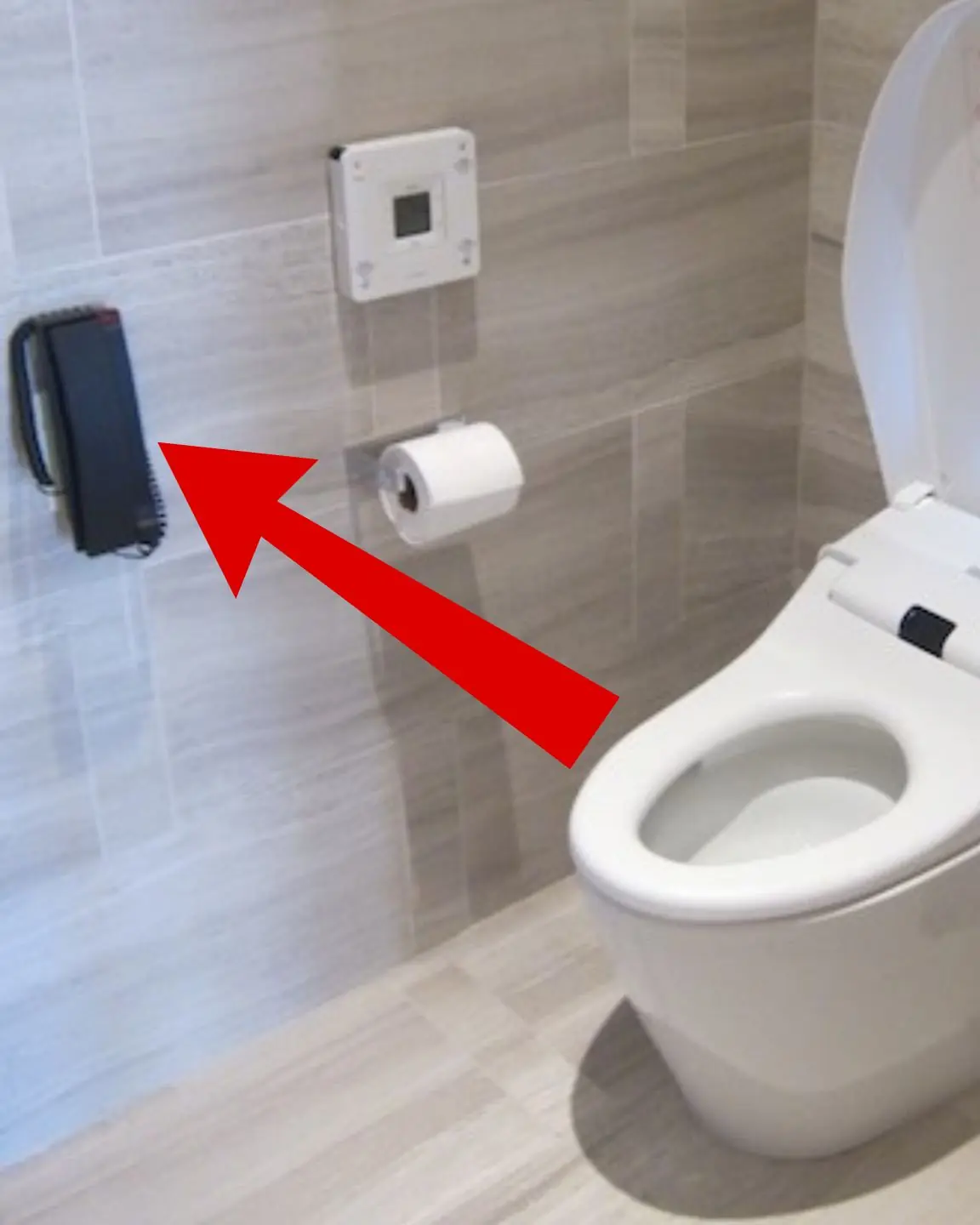
Why do hotels install phones in the bathroom?
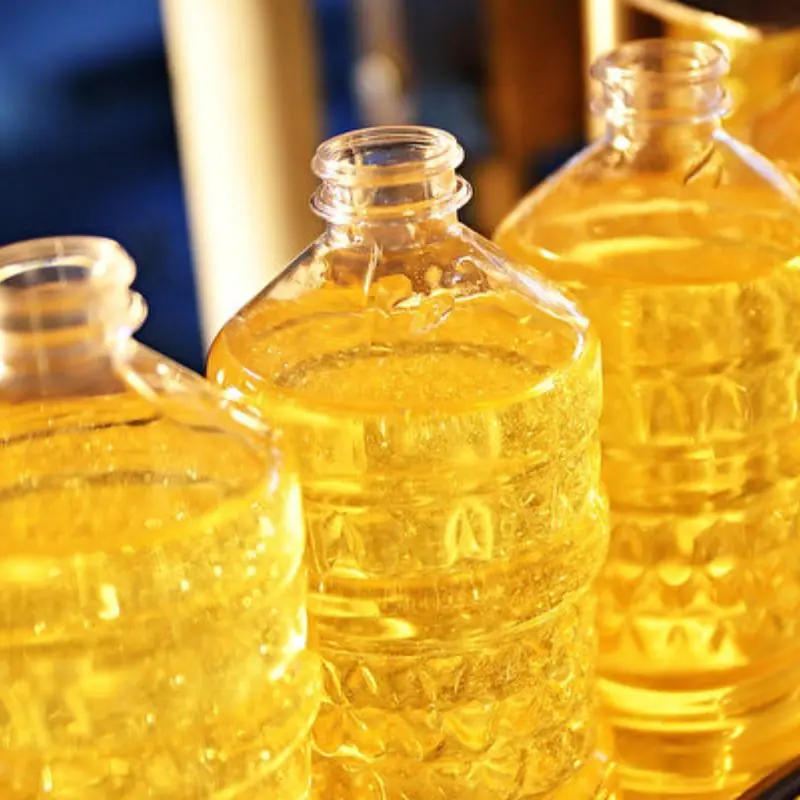
Don’t Buy These 5 Everyday Essentials “Cheap” — The Cheaper They Are, the Shorter Your Lifespan!

Travel Hack or Ancient Wisdom? The Hidden Meaning Behind Knocking Three Times Before Entering a Hotel Room

The cr.e.e.py truth about dogs howling at night

Supermarket Employees Reveal 7 Items You Should Never Buy—Even If They’re on Sale

If You See These 3 Things in a Motel or Hotel Room, Don’t Hesitate—Check Out Immediately

What is their purpose in doing so?

10 Secrets You Need to Know Before Eating Okra

Scientists have found a perfectly preserved dinosaur em.bryo inside a fossilized egg
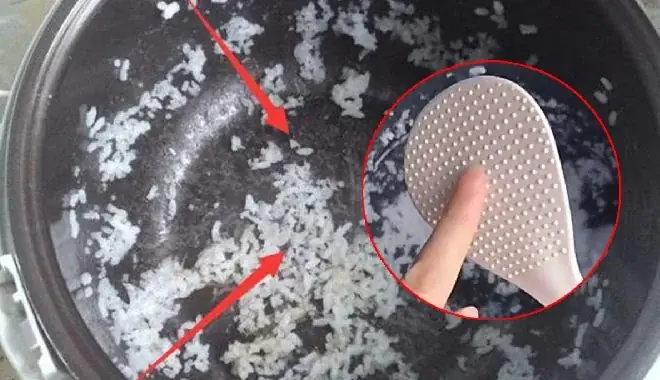
What Are the Tiny Bumps on the Rice Paddle in a Rice Cooker For?
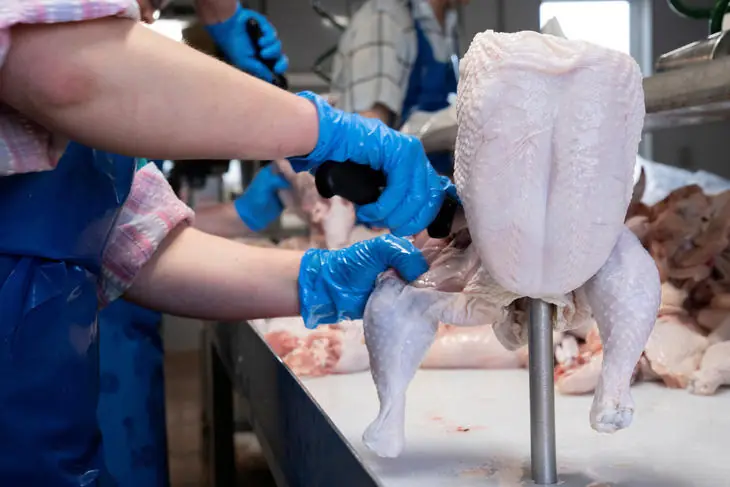
Chicken Is Packed with Health Benefits — But Have You Ever Wondered Which Part Is the Healthiest?

Netizens are calling for people to stop eating this fish to protect coral reefs. What kind of weapon does this animal have that makes it so powerful?

3 reasons to close the toilet lid before flushing
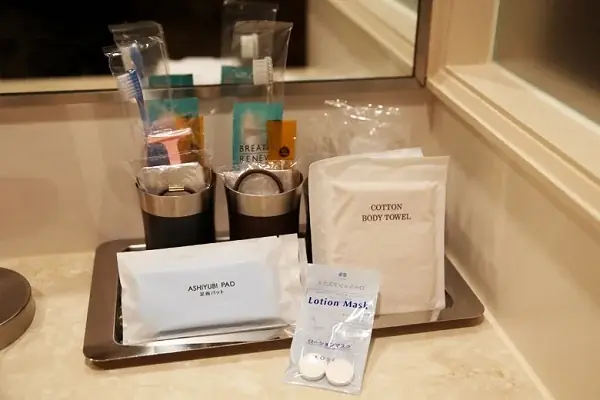
5 Hotel Items You Can Take Home After Your Stay — Most People Don’t Know and End Up Wasting Them

Why Bank Employees Rarely Deposit Their Money Where They Work – Once You Know the Reason, You Might Want to Do the Same

The pet dog barked continuously all night, the owner did not suspect anything, but in the morning, seeing the heartbreaking scene, he realized that thanks to the pet, the family escaped the disaster

Dentist Reveals Important Reason Why You Must Replace Your Toothbrush Every Three Months
News Post
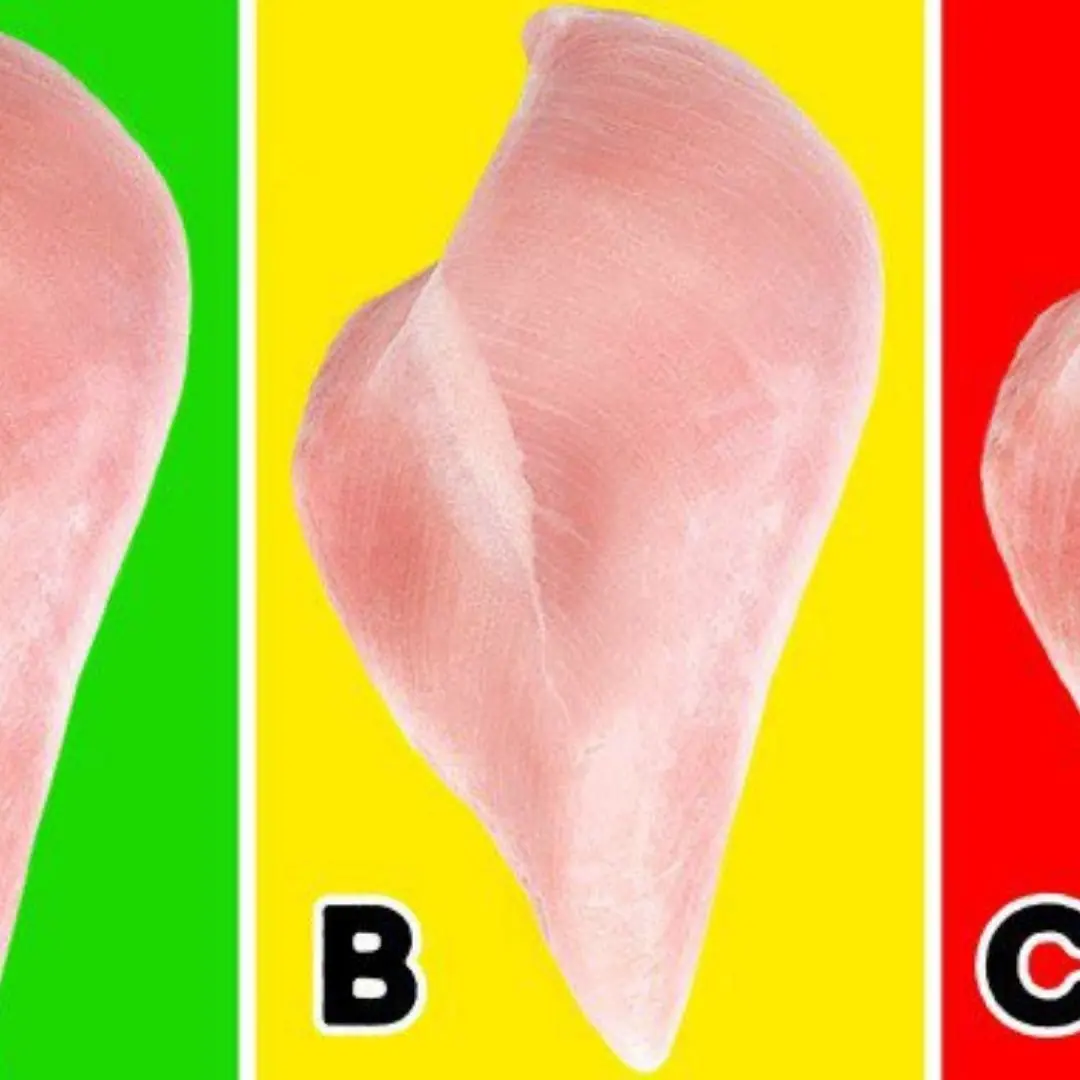
Chicken with white stripes: Should you eat it or should you throw it away? Hear the experts' answers
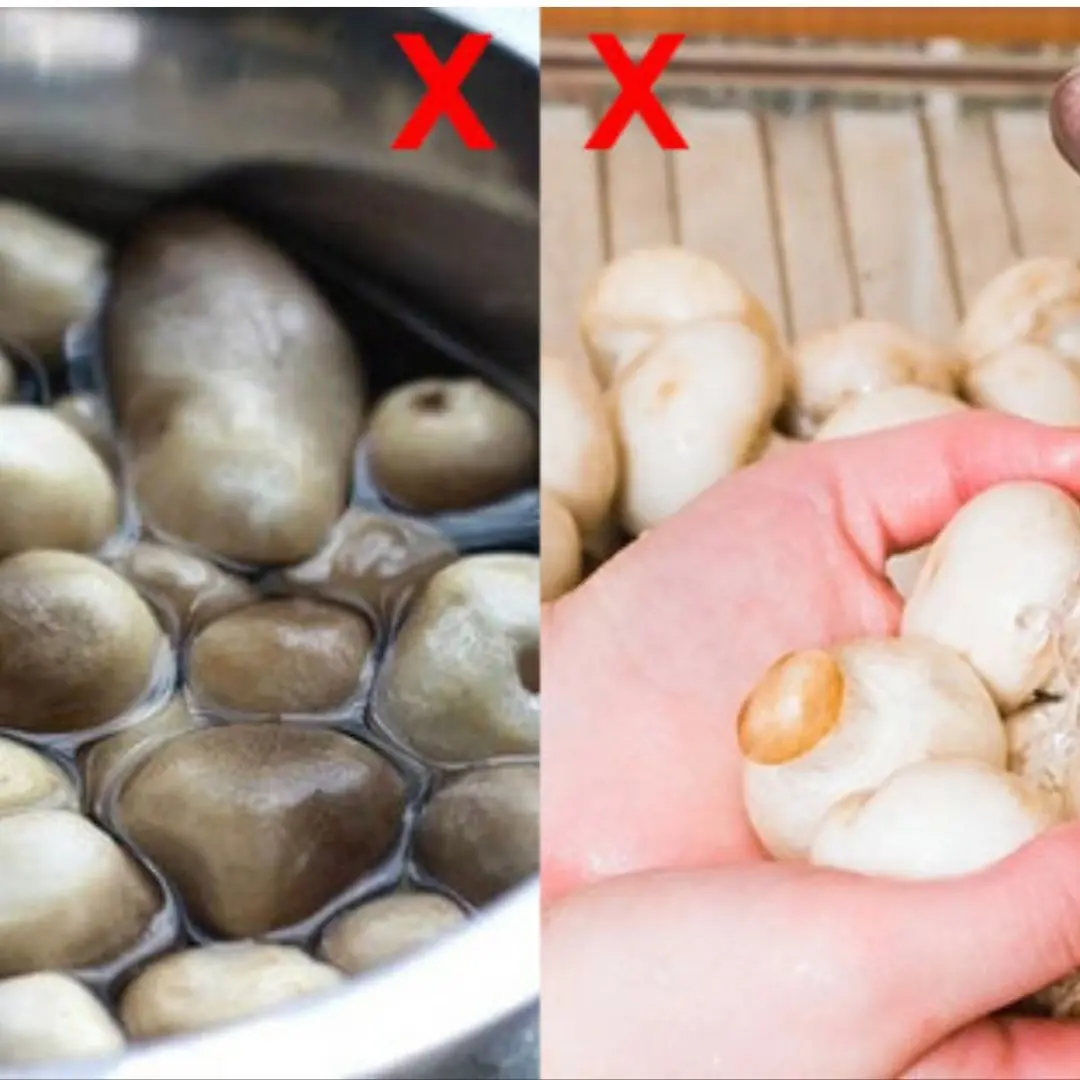
Simply washing mushrooms with water isn’t clean enough — add this and dirt will come off automatically

3 symptoms that appear in the morning warn of can.cer

Never ever remove this plant from your garden, it is extremely valuable

Too many geckos in the house, here's a little trick to make them 'go away and never come back'
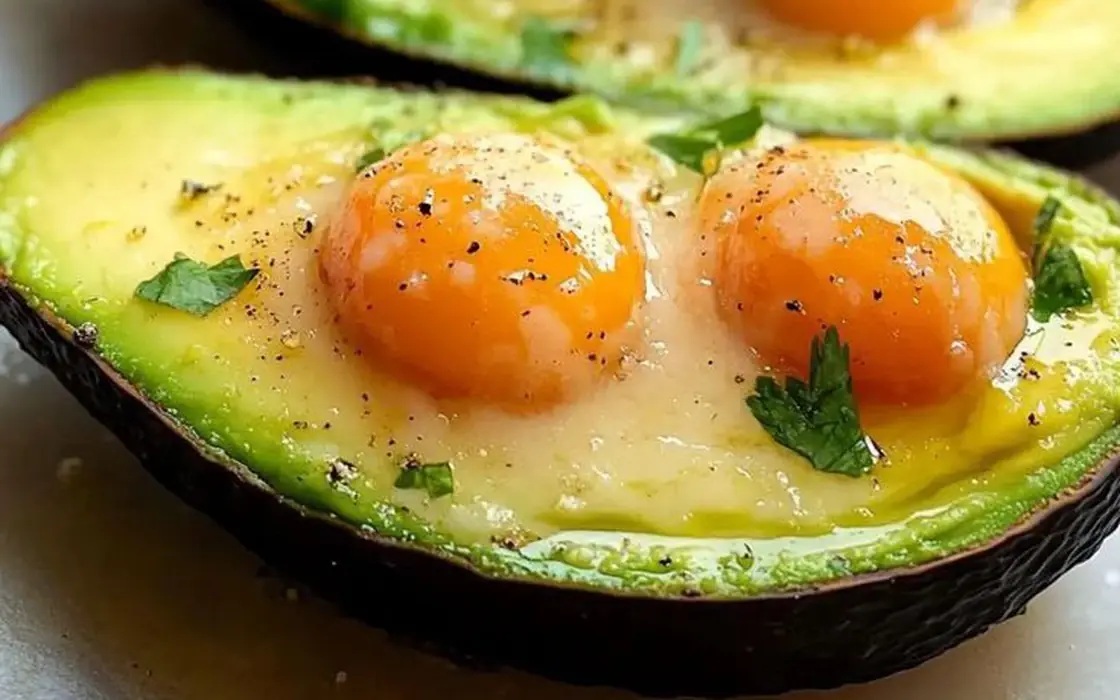
Not Bananas! These Are the 2 Naturally "Clean" Fruits With Almost No Pesticides – Nutritious, Delicious, and Often Overlooked at the Market
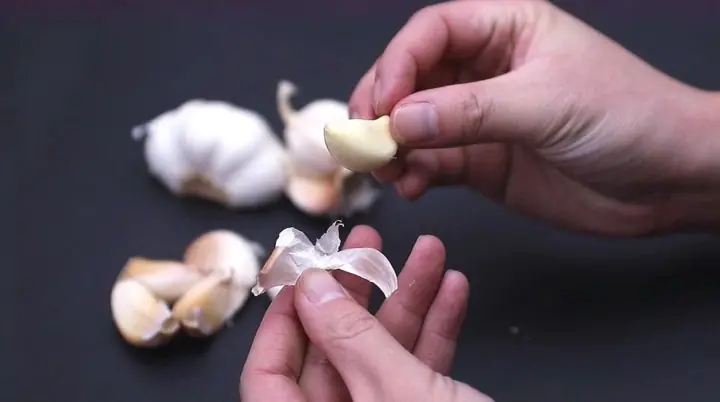
Quick and Easy Garlic Peeling Hacks: Save Time and Keep Your Hands Odor-Free

Crush this handful of leaves and place it in the room.

12-Year-Old Girl Invents Solar-Powered Blanket To Keep Homeless Warm, Could Save Lives!
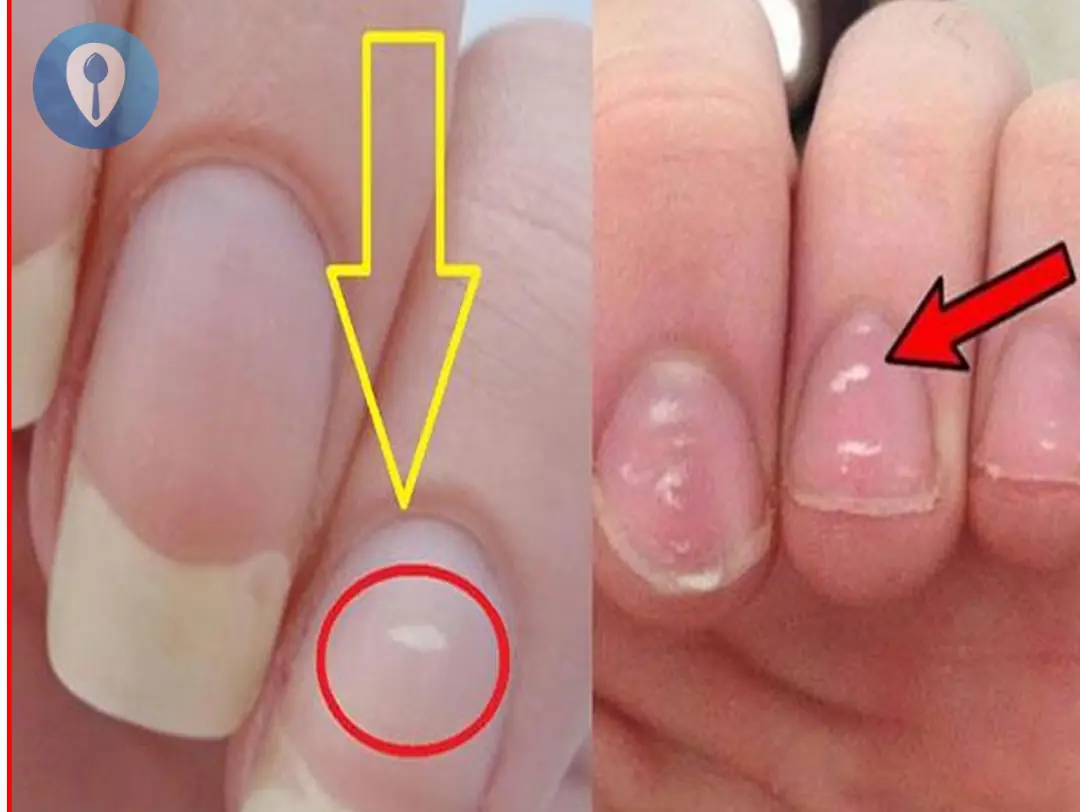
3 ABNORMALITIES in the hand warn of liver can.cer

3 signs in the eyes warn of stroke, ca.nc.er 'visit'. Don't ignore!

Dog Uncovers Ancient "Treasure" During a Casual Beach Walk With Owner!

Why do hotels install phones in the bathroom?

Don’t Buy These 5 Everyday Essentials “Cheap” — The Cheaper They Are, the Shorter Your Lifespan!

Woman Discovers Cancer After Asking ChatGPT Just One Question

“Live Like a Monkey, Eat Like an Ant, Think Like a Child”: The 103-Year-Old Doctor’s Secrets to a Long and Healthy Life

5 Costly Mistakes That Spike Your Electricity Bill and Harm Your Health: Are You Using Your Air Conditioner All Wrong?

Travel Hack or Ancient Wisdom? The Hidden Meaning Behind Knocking Three Times Before Entering a Hotel Room


